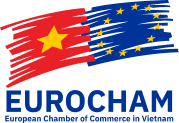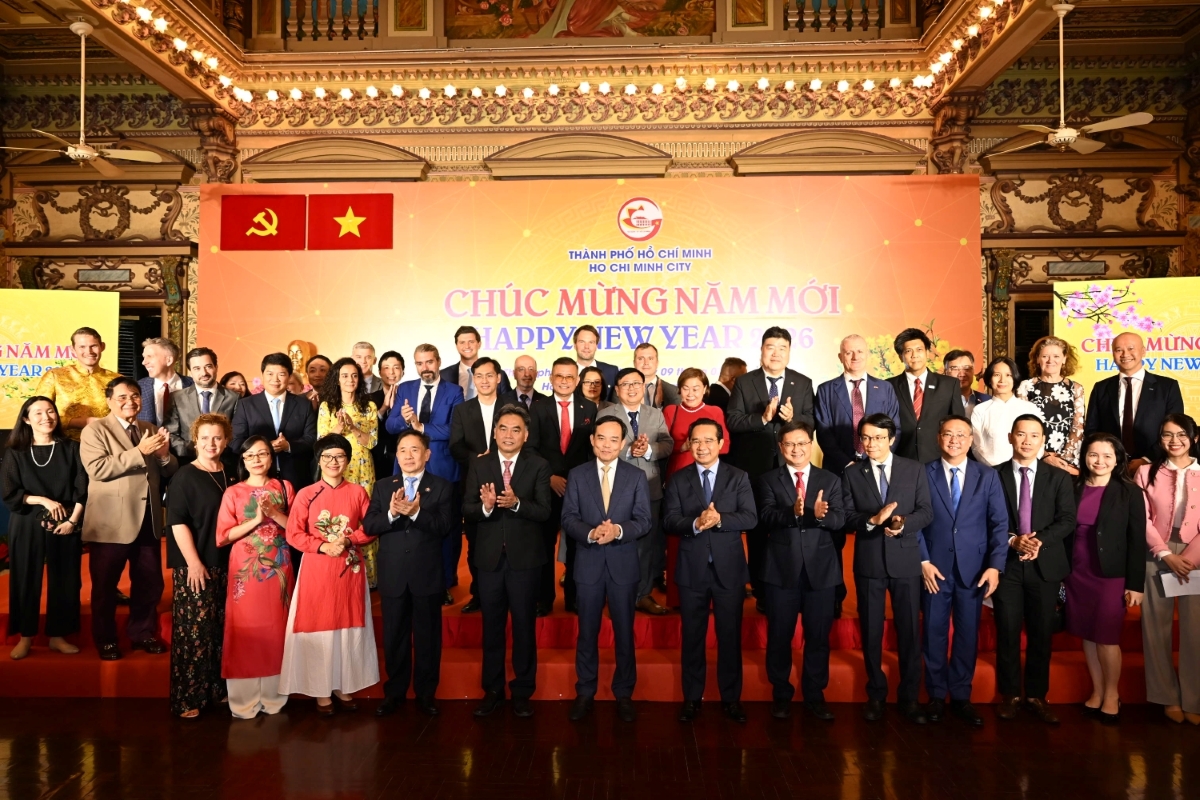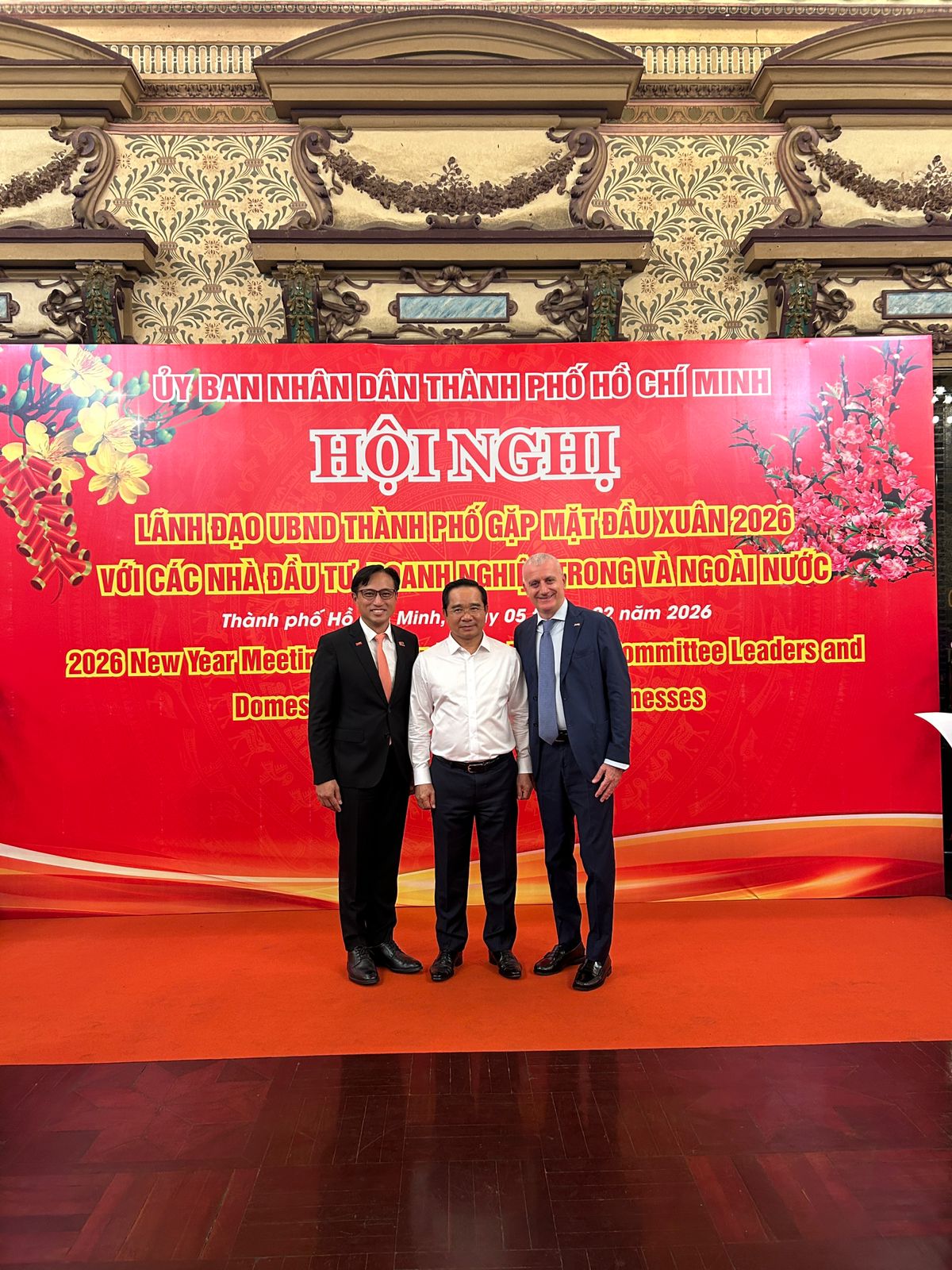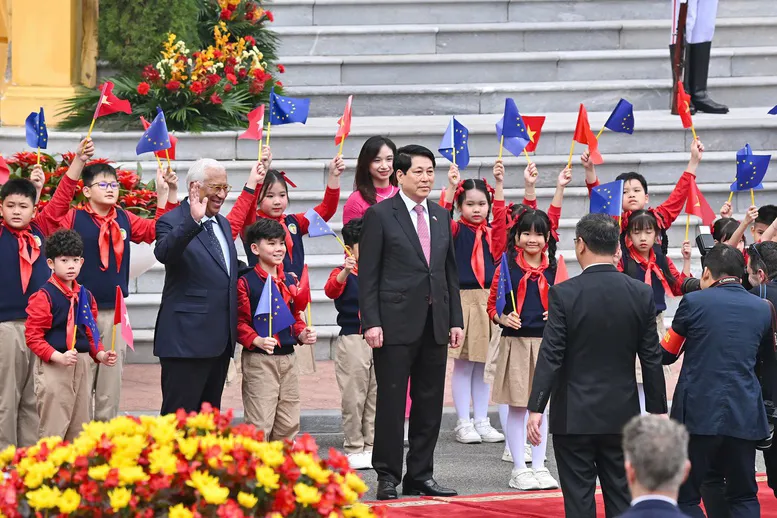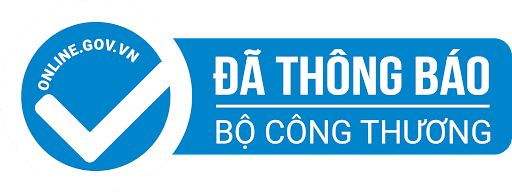On the 8 June 2016 the Ministry of Information and Communication and the Ministry of Science and Technology issued a Joint Circular on the amendment and recovery of domain names which breach the law on intellectual property. The Joint Circular introduces a set of administrative proceedings that are available under the Vietnamese Law on Intellectual Property, for companies experiencing internet domain name infringement disputes. Such measures include clear deadlines for infringers to ensure they stop their activities and return the domain names to their rightful owners, as well as steps that the authorities can take if the infringers refuse to obey these regulations.
Context: Online Infringements and Internet Domain Name Disputes in Vietnam
Although the internet acts as a gateway for European SMEs to Vietnam, it is also an ideal platform for infringers to sell counterfeit products and commit fraud. The internet provides a low-cost method for reaching consumers around the world without revealing the identity or origin of the operation, and therefore allowing infringers to operate almost anonymously. As Vietnam boosts one of the highest number of internet domain name registrations, compared to many ASEAN countries, it also experiences one of the highest rate of domain name infringements. The most common form of domain name infringement is known as ‘cybersquatting’, whereby a person or entity with no legal rights to a particular domain name, consciously (‘in bad-faith’), registers a domain name identical or similar to a third party company name, product name, or trade mark in order to sell the domain name to its rightful owner at an inflated price, says Valentina Salmoiraghi, IP Advisor of the South-East Asia IPR SME Helpdesk.
Other factors may also motivate infringers to register similar domain names to third parties. In recent years, ‘monetisation’ of domain names has become quite common. Typically, this refers to registering a domain name with misspellings, or typos of famous brands, or company names. The registrant or the ‘domainer’ benefits from the traffic generated when people mistype a URL (web address) into a browser. This practice of registering domain names with either legitimate attractive generic domains or misspellings of brand names has increased significantly and is known as ‘typosquatting’. They are both key contributors to the growth of domain name registrations in Vietnam and across the globe. It is also very common for unscrupulous companies to register similar domain names if they are selling similar products and can therefore benefit from the reputation of a famous brand.
Domain Name Infringement Disputes.
In the case of domain name infringement dispute, Vietnamese laws offer four ways for enforcing IP rights. According to the Law on Information Technology and its implementing regulations, domain name infringement disputes can be resolved through: negotiation, conciliation, arbitration or litigation at the competent court. Furthermore, the Law on Intellectual Property and its various regulations, allows enforcement through administrative proceedings, with the Ministry of Information and Communication and the Ministry of Science and Technology. The administrative proceedings are generally thought to be the fastest and most cost-effective way for resolving domain name infringement disputes. However, the administrative proceedings have, until now, lacked specific measures enabling the competent authorities (the ministries) to request the Vietnam Internet Network Information Centre (VNNIC) to remove the infringing domain names or return them to their rightful owners. IP expert Valentina Salmoiraghi, say that it is a promising sign that the Joint Circular has now created these measures to try and combat domain name infringements.
New Measures Introduced by the Joint Circular
The remedial measures introduced by the Joint Circular, when a domain name infringes intellectual property rights include:
Deleting content on the website of the infringing domain name. Within 30 days of the administrative penalty, the infringer must delete the infringed information published on the website of the domain name, or remove the infringed IP within the domain name.
Return the domain name to its rightful owner. Within 30 days from the effective date of the administrative penalty, the infringer must return the domain name to the
original rights owner.
Recover the domain name. If an infringer has not complied with any of the above, then a competent authority (the Ministries) may send a request to the domain name management body (the VNNIC) to recover the infringed domain name for the original rights holder.
These measures cover the cases where (i) a domain name is identical or confusingly similar to the registered IP, going along with the infringing content posted on the websites associated with the domain name; (ii) a domain name that is [though not identical or confusingly similar but] used for publishing contents that infringe IP laws.
Implications for the European SMEs
These new measures allow European SMEs, who may experience domain name infringements, to effectively resolve their disputes using cost-effective administrative proceedings under the Law on Intellectual Property, in the case where an unscrupulous company has registered a similar domain name in order to sell similar products. The administrative authorities are now equipped with measures to request the VNNIC to eventually recover the infringed domain name to its rightful owner. European SMEs can also now benefit from the new deadline of 30 days.
On the other hand, in such cases of ‘cybersquatting’ or ‘typosquatting’, European SMEs will not be able to use administrative routes to resolve their domain name disputes, as it is required that IP holders are able to prove cases of infringement on the associated websites. Administrative authorities will only resolve serious website content infringement, while ‘cybersquatting’ and ‘typosquatting’ have to be managed by civil courts or through arbitration and conciliation mechanisms provided by the Law on Information Technology in Vietnam.
About us
The South-East Asia IPR SME Helpdesk supports small and medium sized enterprises (SMEs) from European Union (EU) member states to protect and enforce their Intellectual Property Rights (IPR) in or relating to South-East Asian countries, through the provision of free information and services. The Helpdesk provides jargon-free, first-line, confidential advice on intellectual property and related issues, along with training events, materials and online resources. Individual SMEs and SME intermediaries can submit their IPR queries via email (question@southeastasia-iprhelpdesk.eu) and gain access to a panel of experts, in order to receive free and confidential first-line advice within 3 working days.
The South-East Asia IPR SME Helpdesk is co-funded by the European Union.
To learn more about the South-East Asia IPR SME Helpdesk and any aspect of intellectual property rights in South-East Asia, please visit our online portal at http://www.ipr-hub.eu/.
